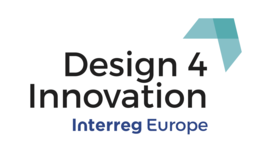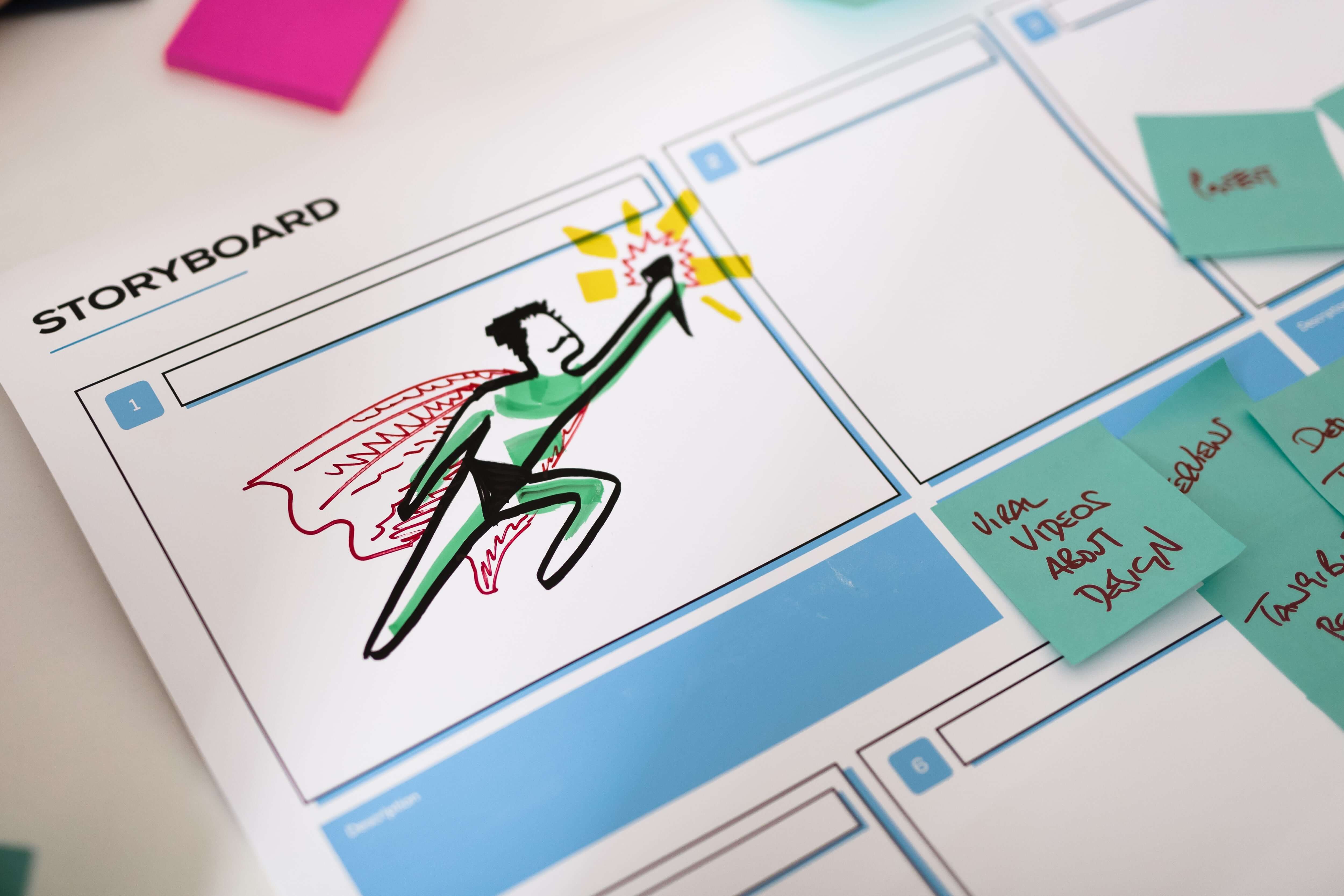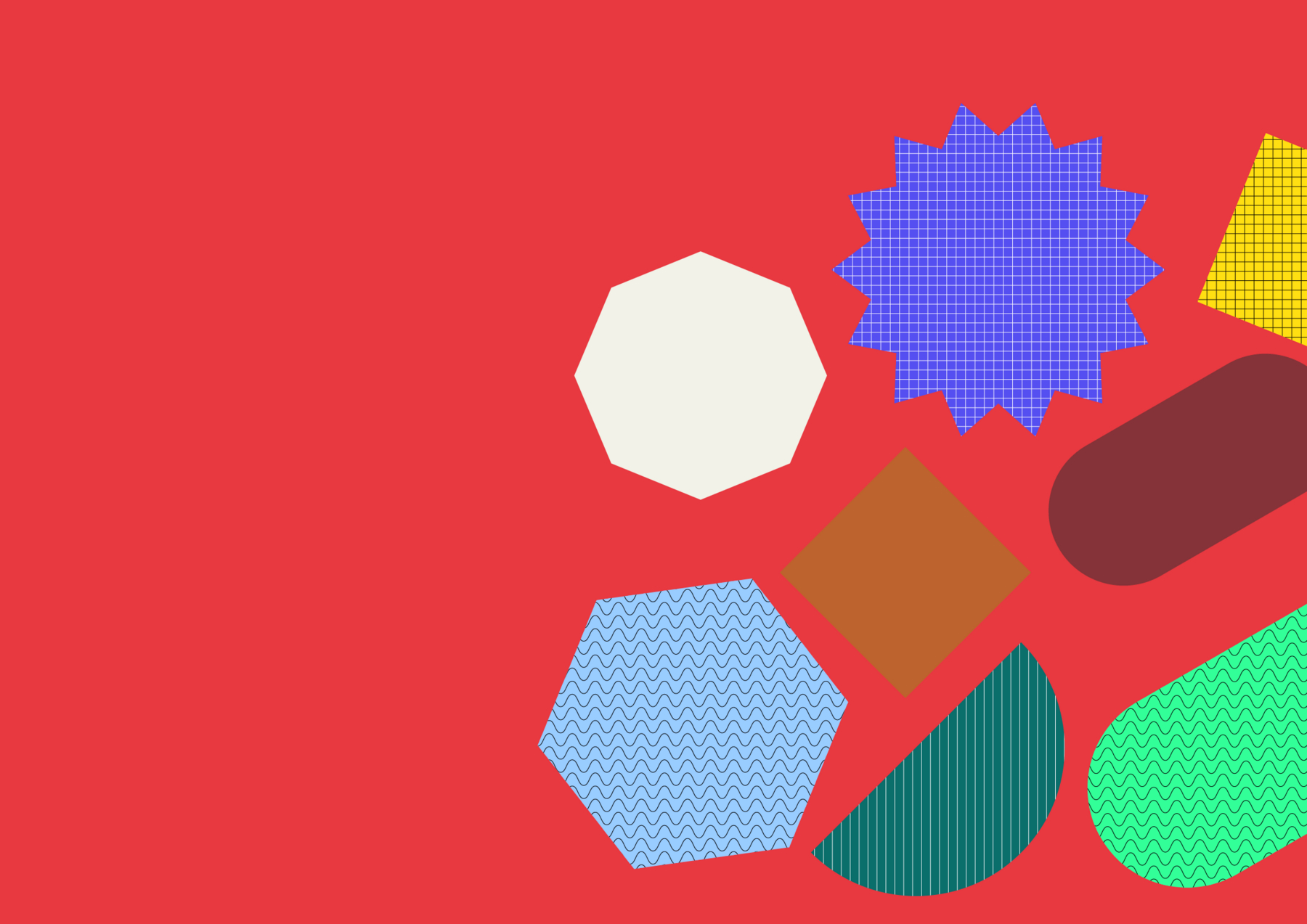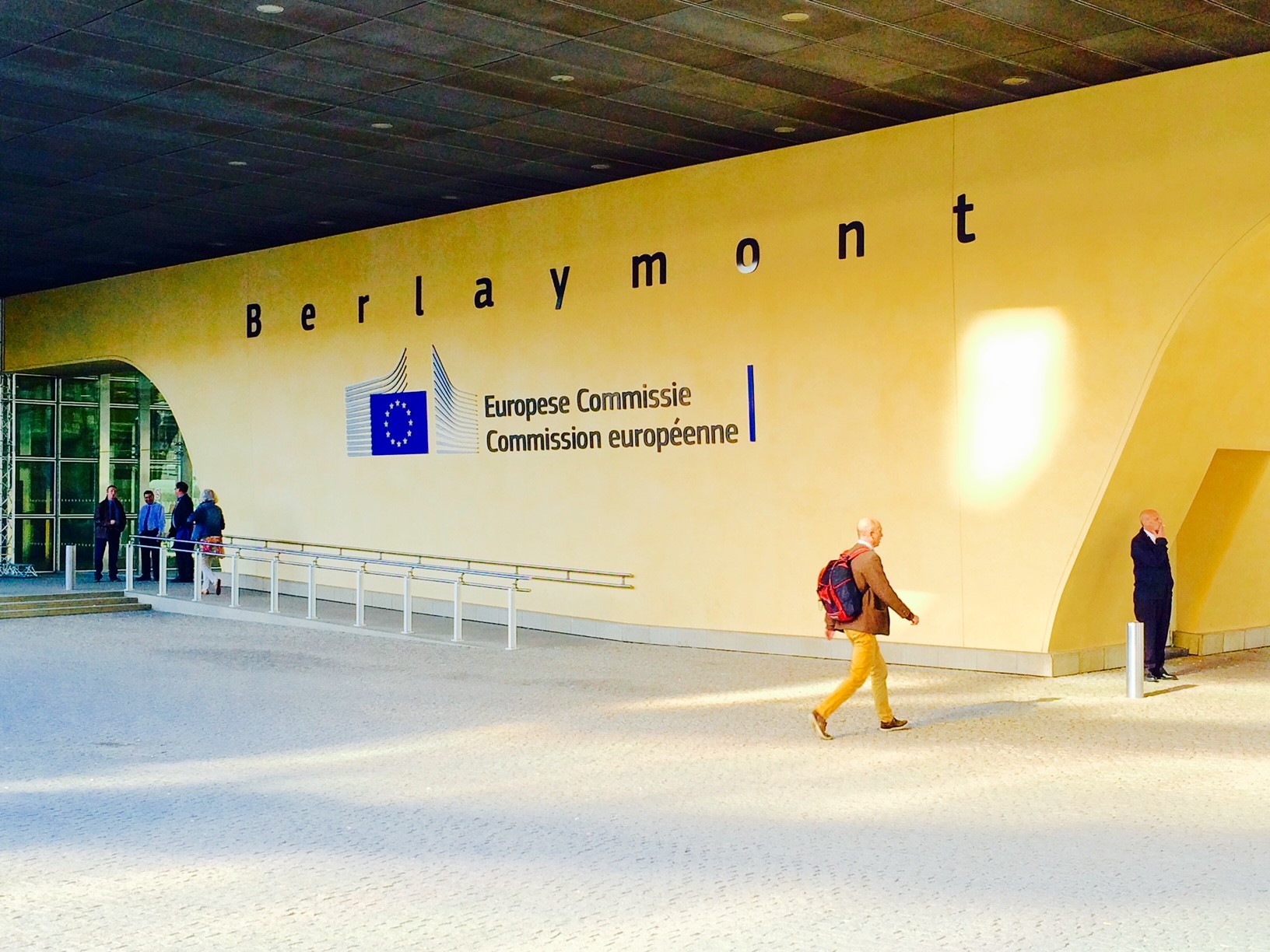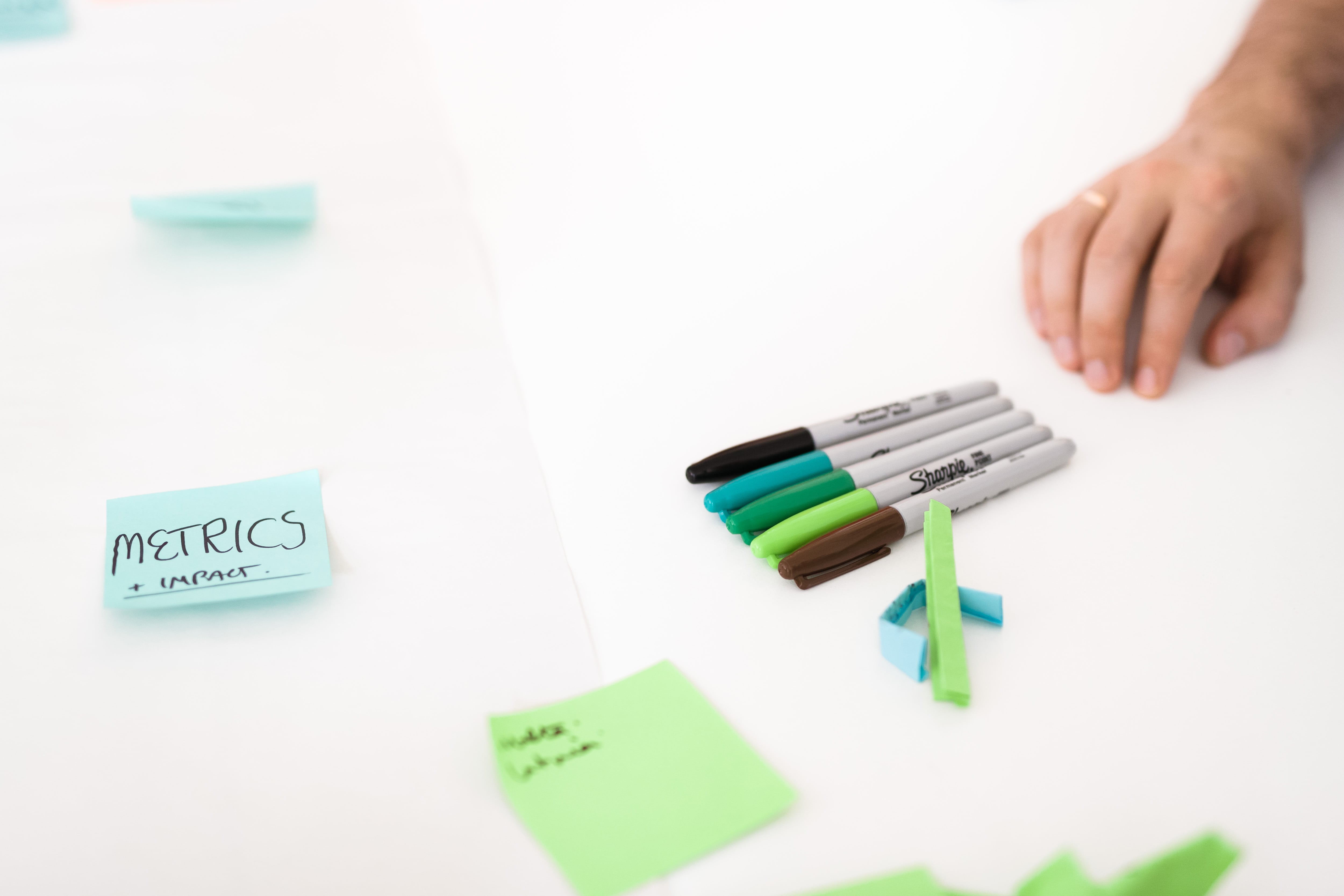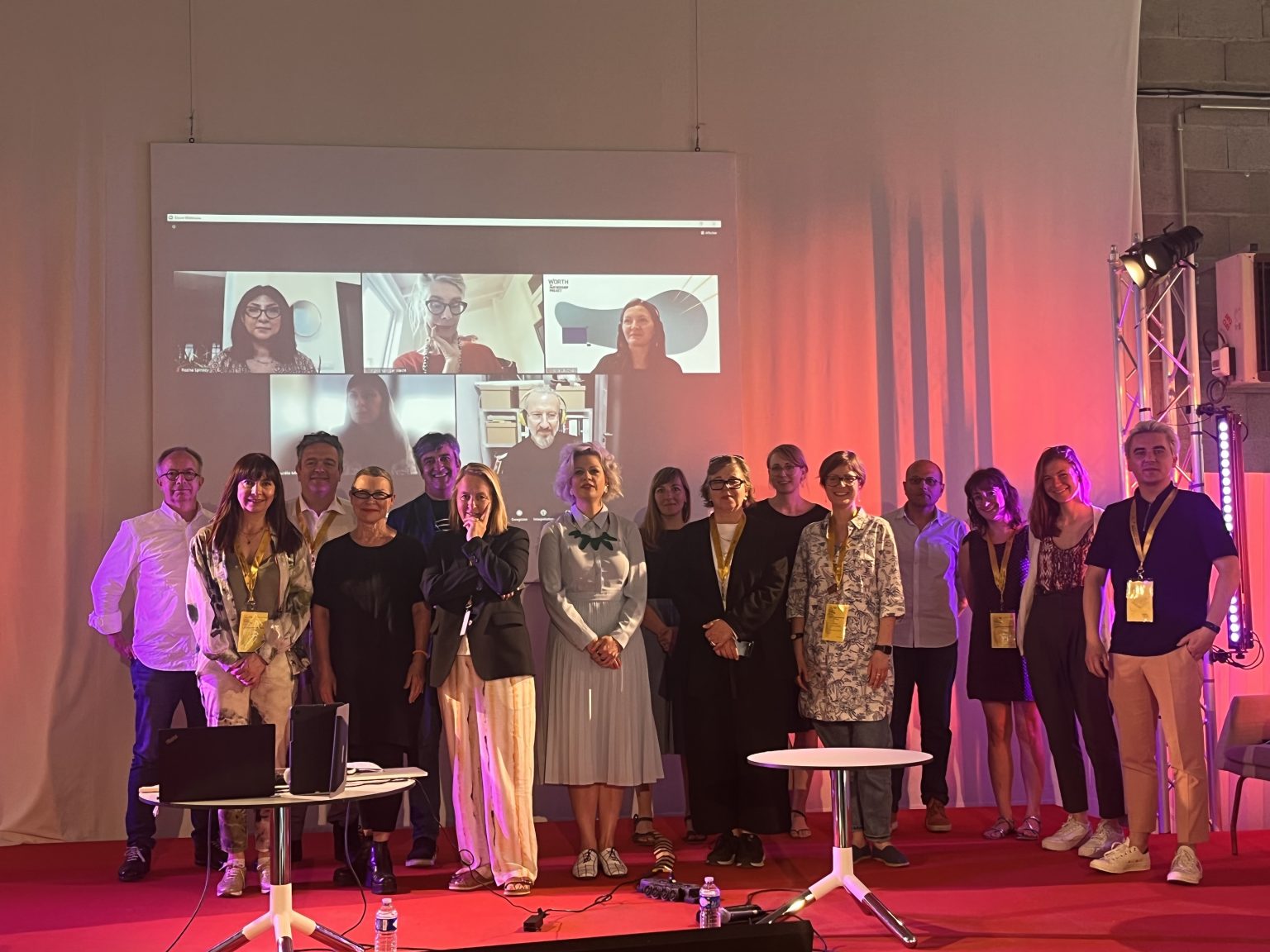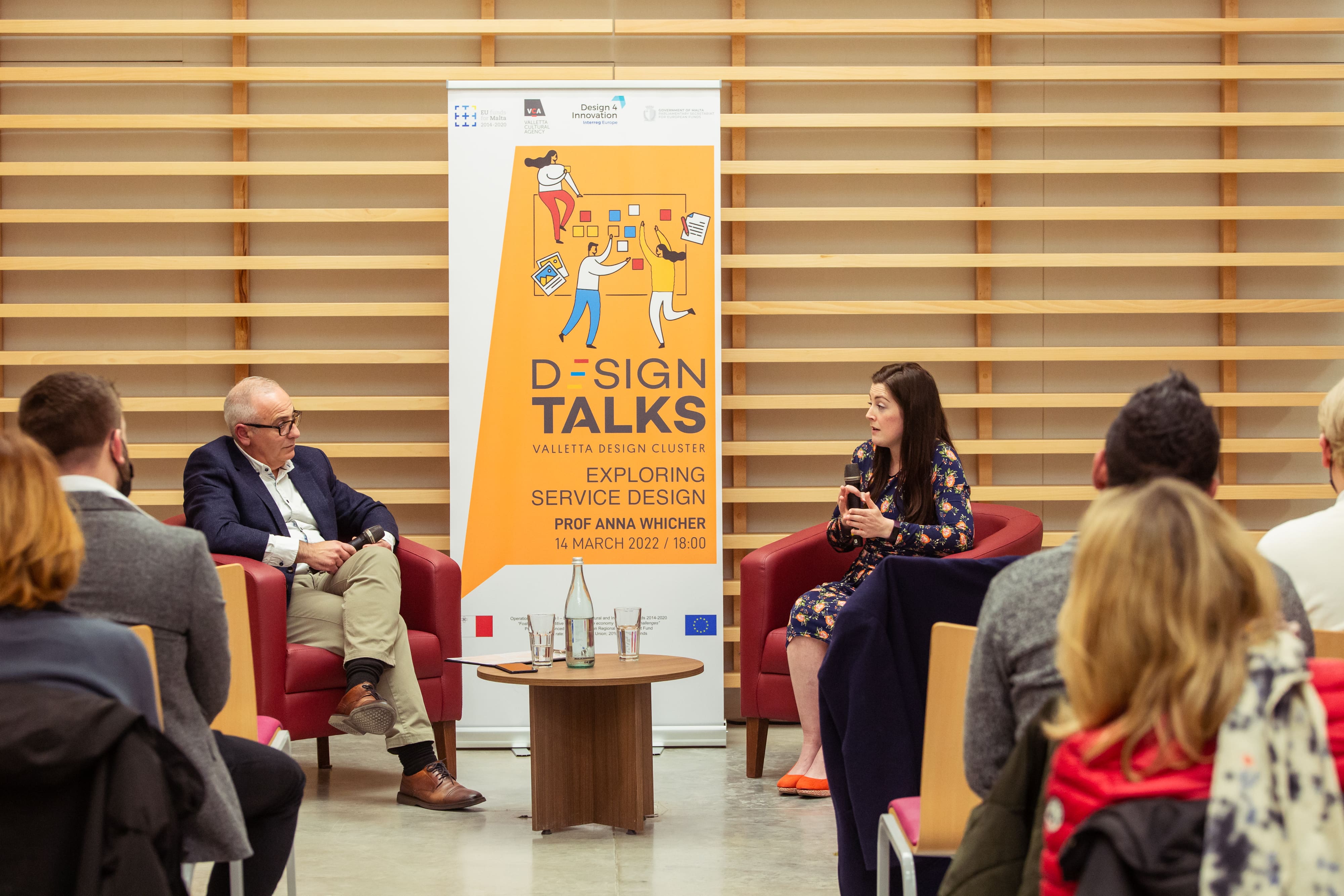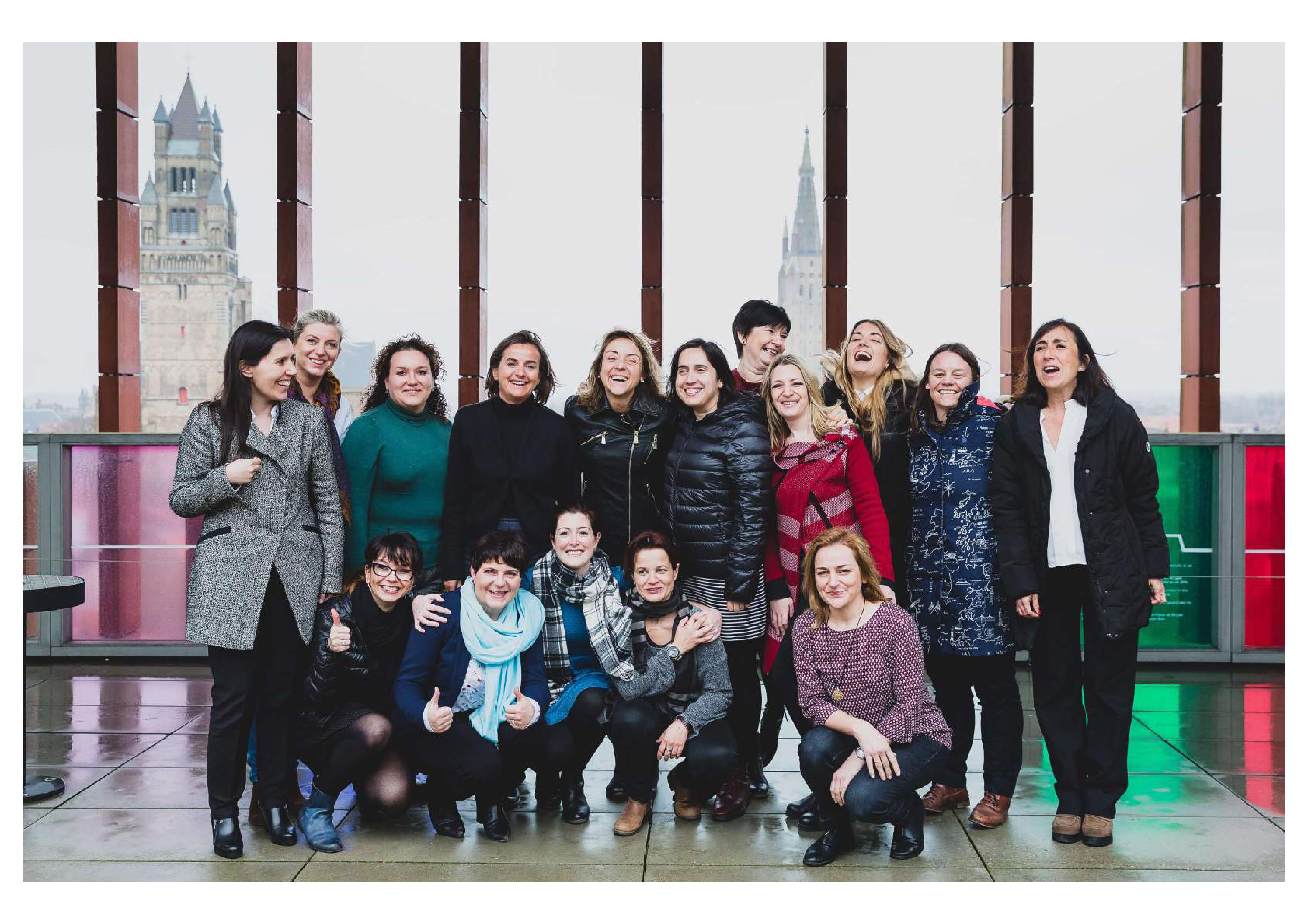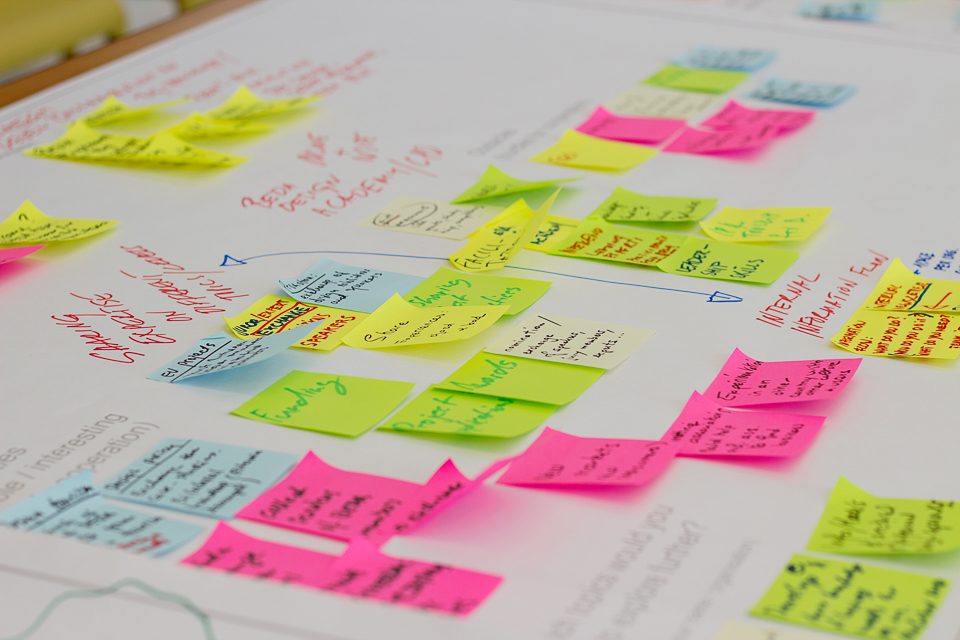Green transition, digitalisation and fair economy have been present on the European policy agenda in recent years. The current pandemic situation has confirmed that this policy direction is right and accentuated the need to speed up our efforts towards achieving these goals. However, for many they were only an ever-growing list of nebulous and somewhat alien slogans, concepts and abbreviations.
In her inaugural State of the Union address to the European parliament, Ursula Von der Leyen added perhaps a key missing element on our journey to a sustainable future - namely a cultural dimension of the transition. The European Commission president outlined her plan to create a "new European Bauhaus" to kickstart a European renovation wave. "Every movement has its own look and feel. And we need to give our systemic change its own distinct aesthetic – to match style with sustainability", said Von der Leyen. By harking back to the Bauhaus - a hugely influential design movement that was recently celebrating its centenary; the quest towards climate and economic transition becomes more tangible and understandable. Just like hundred years ago influential designers, architects and artists including Walter Gropius, Mies van der Rohe and Marcel Breuer took up the challenge of re-building Europe to improve quality of life for all in a crucible of economic and social transformation; a concerted effort is needed now to give new impetus to changes towards "building the world we want to live in".
Von der Leyen imagined her idea of the new European Bauhaus as "a co-creation space where architects, artists, students, engineers, designers work together" towards smart design and aesthetic innovation in support of our systemic change journey.
Design stakeholders welcomed the statement and are up for the challenge. Päivi Tahkokallio, President of BEDA - biggest association of design organisations in Europe, declared to actively support the Commission in taking this action forward. “BEDA welcomes the Commission’s focus on co-creation and collaboration across the disciplines of architecture, art, design and engineering. We also acknowledge their recognition of the broad cultural dimension of the European Green Deal.”, said Tahkokallio.
While the initiative is very commendable, design community needs to promote a broader understanding of design as a universal method of identifying and solving problems with users rather than merely giving style to a substance. It is crucial to move beyond the notion of producing more environmentally-friendly objects and use design to deliberate and re-define ways of working, producing and living to co-create a truly lasting change.
At Design4Innovation, we are extremely proud to be already working in this direction and we look forward to contributing our experience and efforts towards realising the vision of co-designing greener, fairer and better Europe.
